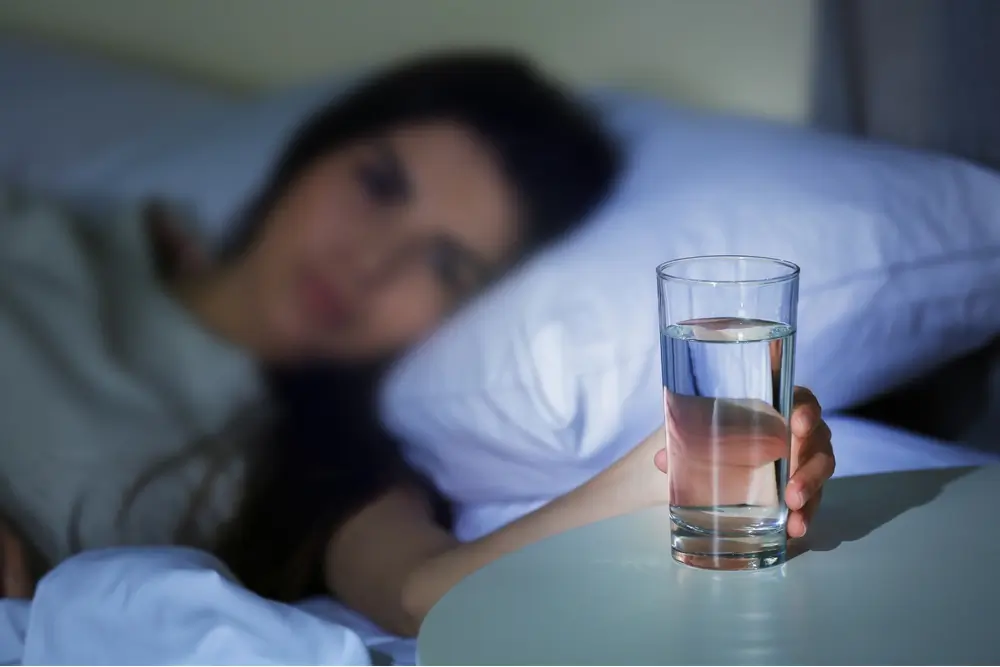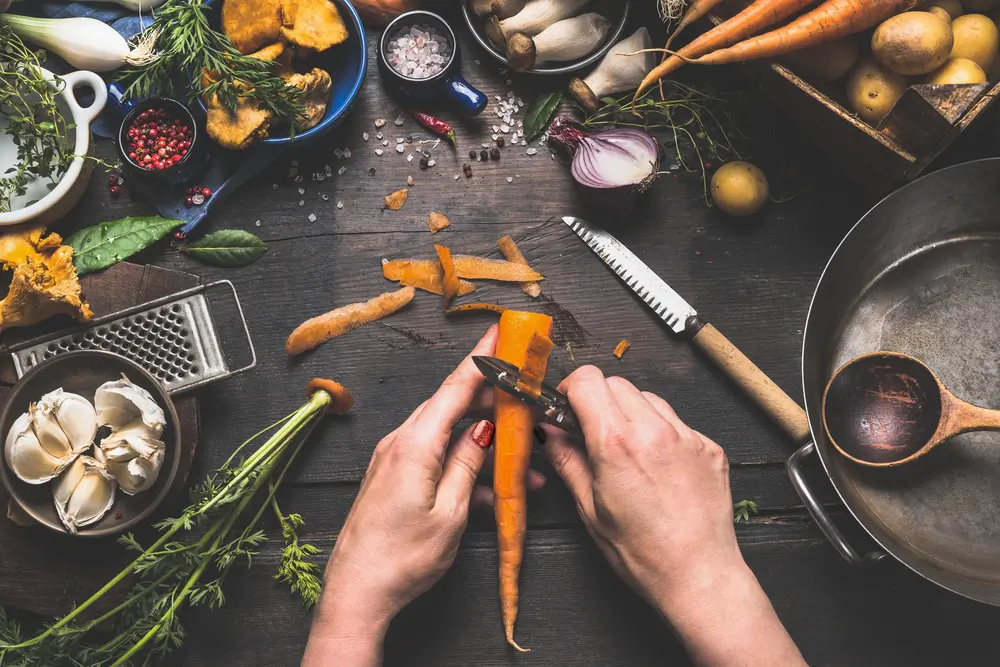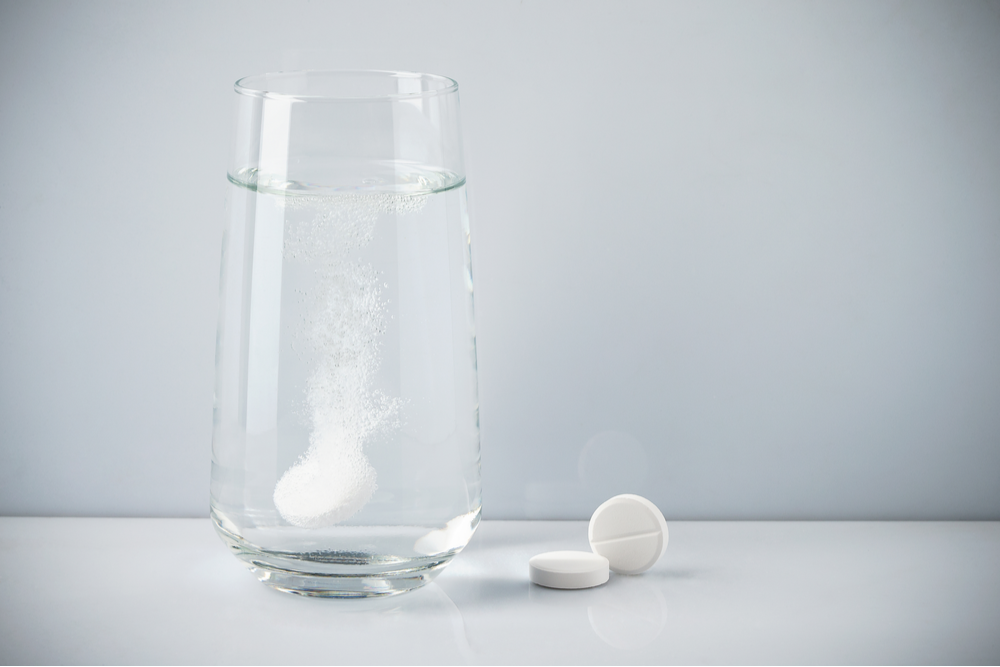Medically Reviewed by Dr Davinder Nagah
Last updated on 11.06.2024
What causes Bali Belly?
- Bali Belly is also known as “Traveller’s Diarrhoea”
- It comes from eating contaminated food or drinking contaminated water
- You get watery diarrhoea, and sometimes vomiting, fever, bloating or tummy cramps.
- It usually lasts between 1 and 5 days
- In 10% of people it lasts more than 2 weeks
- There are other conditions you need to consider. Dysentery leads to blood or mucus in your poo- urgent medical attention is required. Giardia is a specific parasite that causes lots of farting, bloating, tummy pains. It tends to last a long time.
How can you avoid Bali Belly?
There are a few tips that may help you avoid getting Bali Belly.
- Make sure all meat and seafood is thoroughly cooked (not raw or rare)
- Avoid the following foods while travelling:
- Sushi
- Unpasteurised dairy products milk/cheese/ice cream
- Raw and peeled fruit and vegetables
- Green leafy vegetables like spinach or lettuce
- Sauces or mayonnaise
- Street vendor food
- Buffet food
- Food that was hot but has been left to cool
- Water:
- Don’t drink tap water
- Don’t use tap water to brush your teeth
- Don’t use ice made from tap water (though the government-issued ice is fine)
- Drink bottled water – carbonated is best
- If you wish to drink tap water, you must boil it continuously for more than 5 minutes first
- Water filters and chemical treatments are unreliable
- Hygiene:
- Wash your hands after using the toilet
- Wash, then completely dry your hands before preparing or eating food
- Using alcohol hand sanitiser gel if you are unable to wash your hands
- Swimming:
- Avoid getting water in your mouth when swimming in pools or in the sea
- Don’t swim if you have any open cuts or grazes
- Don’t swim if you have Bali belly (as you may spread the illness)
- Don’t swim in pools that look cloudy
- Children
- Don’t allow them to crawl around
- Wash, then dry their hands before they put them in their mouths
- Follow the water precautions described above when making up formula milk
- Other measures
- It’s possible that taking probiotics (usually marketed as yoghurts, drinks or tablets) reduces the chances of getting Bali belly
- Getting the cholera vaccination (which is given orally) before you travel may also reduce the chances of getting Bali belly
- Certain medications for gastritis or reflux can increase the chances of getting Bali belly
- You should not stop them suddenly if you’re taking them regularly
- You may wish to discuss this with your family doctor
- You can reduce the risk by taking them before bed instead of in the morning
What is the treatment for Bali Belly?
- No matter how careful you are, you may still be unlucky, and unfortunately, getting Bali Belly once doesn’t protect against future illnesses
- The most important thing is to avoid dehydration, by taking plenty of fluids. Oral rehydration salts can help- these are available at pharmacies.
- Antibiotics have been shown to help in some cases
- Medications to treat nausea and prevent vomiting may help
- It may help to avoid dairy foods for a while (milk/cheese/cream/ice cream)
- Stick to simple, plain foods like toast
- It is safe to take anti-diarrhoea medications if needed- speak to your pharmacist about over-the-counter treatment options. There is NO evidence that anti-diarrhoea medications stop “bacteria or poisons from leaving the body”.
If you have concerns about Bali Belly, particularly if symptoms are severe, make sure you see a doctor as soon as possible.
Article Resources & further information
Starting a vegan diet
Vegan diet- a beginner's guide What is a vegan diet? A vegan diet, also known as plant-based, describes one that avoids any animal products. There are many subtypes of [...]
How to get rid of Jock Itch
How to get rid of Jock Itch What is Jock Itch? Jock Itch is a common name for the medical condition also known as "Tinea Cruris". Jock Itch is [...]
How to get rid of acid reflux
Acid reflux- causes and treatment Acid reflux is when stomach acid flows from the stomach upwards into the oesophagus. The oesophagus (us-off-a-gus) is the tube connecting your mouth with [...]






